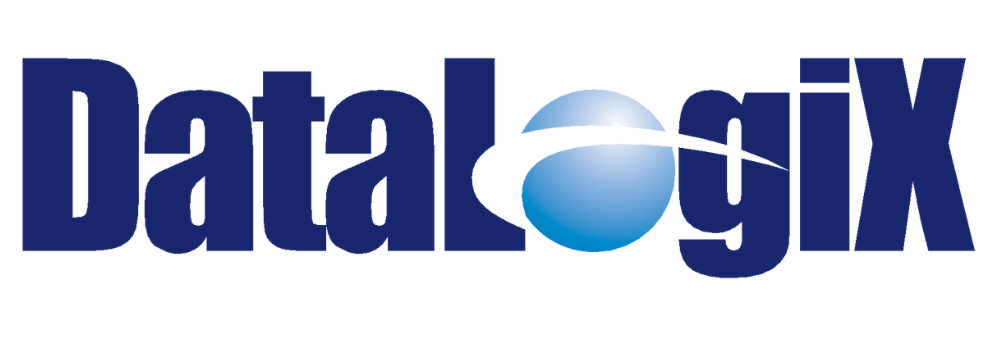While the NIS2 directive does not explicitly reference the pharmaceutical or life science industry as a
basis, there are certain similarities between the cybersecurity practices in these industries and the
objectives of the NIS2 directive.
Here’s an overview that supports the opinion of a connection between the two:
Overview:
Emphasis on Critical Infrastructure Protection:
The pharmaceutical and life science industries are considered critical infrastructure sectors due to the significant impact any disruption could have on public health and safety.
Similarly, the NIS2 directive aims to protect critical infrastructure, including essential services and digital platforms, from cyber threats.
Strong Regulatory Framework:
The pharmaceutical industry operates under strict regulations, such as Good Manufacturing Practices (GMP) and Good Laboratory Practices (GLP), to ensure product safety, integrity, and patient well-being.
Similarly, the NIS2 directive establishes a regulatory framework for cybersecurity, emphasising the importance of security measures, incident reporting, and cooperation among member states.
Risk-Based Approach:
Both the pharmaceutical industry and the NIS2 directive advocate for a risk-based approach to cybersecurity.
In the pharmaceutical sector, risk assessments are conducted to identify and mitigate vulnerabilities in manufacturing processes and supply chains.
Similarly, the NIS2 directive requires organisations to assess risks to their network and information systems and implement appropriate security controls.
Incident Response and Business Continuity:
The pharmaceutical industry places a strong emphasis on incident response and business continuity planning to minimise disruptions and protect patient safety.
Similarly, the NIS2 directive mandates incident reporting and requires organisations to have robust incident response and business continuity strategies in place.
Protection of Intellectual Property:
The pharmaceutical industry places significant importance on protecting intellectual property, including research data, drug formulas, and clinical trial information.
Similarly, the NIS2 directive emphasises the need to safeguard sensitive information and intellectual property from cyber threats.
Why the Pharmaceutical Approach to security is successful:
The pharmaceutical industry’s cybersecurity practices have proven successful due to several factors:
Risk Awareness:
The industry recognises the critical nature of its operations and the potential impact of cyber threats.
This awareness drives a proactive approach to identifying and mitigating risks.
Compliance Culture:
Compliance with stringent regulations and industry standards is deeply ingrained in the pharmaceutical sector.
This culture of compliance fosters a focus on security measures and continuous improvement.
Collaboration and Information Sharing:
Pharmaceutical companies often collaborate with industry peers, regulatory bodies, and security experts to share best practices, threat intelligence, and lessons learned.
This collaboration strengthens the overall cybersecurity posture of the industry.
Specialist OT Security Experts for NIS2 Compliance:
Given the complex nature of OT (Operational Technology) security and the specific requirements of
the NIS2 directive, specialist OT security experts are best placed to advise companies on achieving
NIS2 standards. These experts possess in-depth knowledge of industrial control systems, network
architecture, and the unique challenges faced by critical infrastructure sectors. They can provide
tailored guidance, conduct thorough risk assessments, and recommend appropriate security controls
to align with NIS2 requirements.
In conclusion, while the NIS2 directive is not directly based on the pharmaceutical industry’s
practices, there are similarities in their approach to critical infrastructure protection, risk management,
incident response, and compliance.
Leveraging the successful cybersecurity practices of the pharmaceutical industry can provide valuable
insights, and specialist OT security experts can offer the necessary expertise to help companies
achieve NIS2 standards for their organisations.
OT cybersecurity is critical in protecting the uptime, security, and safety of industrial environments
and critical infrastructure. Organisations in industries, such as life science manufacturing, chemical,
petrochemical, and utility supply need to secure their OT systems from cyber threats to ensure their
operations are not disrupted.
DataLogiX specialise in securing Operational Technology Networks used by global organisations. Our
consultative approach, unmatched experience and innovative on-site engineering solutions combine
to accelerate the impact of technology with every client we serve.
- By Datalogix

